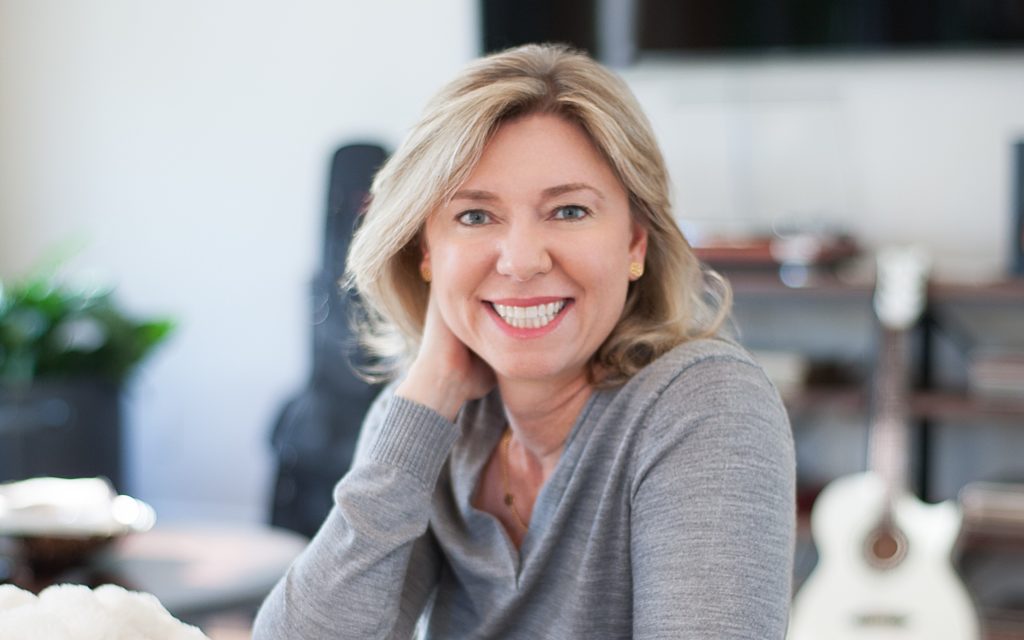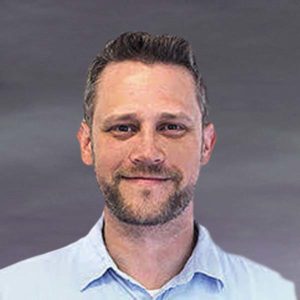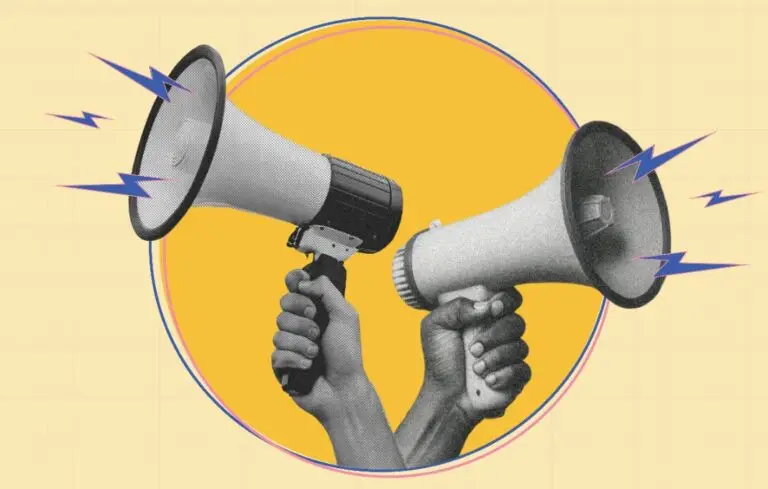
Crystal Morris co-founded Gator Cases with her father in 2000, initially offering a modest line of molded plastic guitar cases. Since then, the company has grown into one of the most well-known and trusted brands in case design and manufacturing, offering case and bag solutions not just for guitars, but also for pro audio, IT, audio visual, general utility, band instruments, and percussion.
Gator Cases’ headquarters is located in Lutz, Florida, with a manufacturing facility in Ft. Wayne, Indiana. Morris talked with Chief Executive about the opportunities in designing and manufacturing products in the U.S., her unique perspective as a founder/CEO, and being a woman in an executive leadership role in an industry that’s been traditionally been dominated by men.
Q: Talk about the experience of being both a CEO and a company founder, and what that brings to your leadership style.
A: My dad and I started the company together almost 18 years ago. At the very beginning, I was doing it in my guest bedroom at my house, entering every sales order, doing the marketing. So, I feel like I’ve done a little bit of everything we do, working with sourcing in China and logistics, and changing how we do logistics, and obviously, working with customers.
So, I think having that perspective of doing everything really helps to make me understand what works, what doesn’t work, to be compassionate about how much work it takes. But at the same time, one of the struggles is how you get out of those roles. You know how to do it, but you have to continue to push to have great people that can take over those different roles and allow you to grow the company. I feel like I see that’s where a lot of people get stuck—they stay too far in the weeds.
“on the manufacturing side, it feels really good, honestly, to provide jobs and to have manufacturing in the U.S.”
And so, one of those goals I’ve had over the last, five, six, seven years is just to have great people on the team and empower them and let them run with it. And it’s amazing because they think of things I would never have thought of. And so, as much as I have knowledge on all aspects of the business, I think it’s also just about surrounding yourself with great people that are passionate about it, too.
Q: What are some of the biggest benefits of being a designer/manufacturer here in the U.S. and having all of those options in-house?
A: I feel like we have so many competitive advantages by having them in-house. I mean, we’re nimble, so we can respond really quickly to customer needs. In particular, on the design side, it seems like so many people outsource that, and you just can’t get as close to your customer and your customer experience when you outsource it.
And then on the manufacturing side, it feels really good, honestly, to provide jobs and to have manufacturing in the U.S., to be able to really oversee the quality and the standards that you want to have. You’re able to be a lot more responsive. It reduces lead-time, and you can share what you’re doing with your customers, too. I love having people in to see what we’re doing on the manufacturing side. It helps to tell the story of the products, and the quality, and the reason why we designed it in the way that we do. So, there are definitely a lot of benefits to it.
Q: Tell us about the importance of your role in working with the companies that Gator Cases has original equipment manufacturer (OEM) relationships with. How do you build those relationships, make sure that they stay healthy and are always moving forward?
A: I think you have to get in front of them, and visit them, get in early in their new product development cycle. A lot of times, we’re co-developing. As they’re developing a product, we’re developing the carrying solution.
We’re really partnering with them, and that puts us with them through that whole life cycle of the product. It seems like a lot of people lean on us for our expertise in that field, so they can really focus on whatever the product is that they’re making. And even though we have some great customers in the music industry, we also do OEM for medical precision instruments. And it’s kind of the same thing, where they’re focused on whatever the product is they’re trying to produce. And so, they love to be able to lean on us for that expertise to figure out how to best protect it, move it around, store it.
Q: Tell us a little bit about your experience being a woman in an executive leadership role in an industry that’s been traditionally been dominated by men.
A: That’s an interesting question. It’s very male-dominated, but I do think it’s welcoming. I’ve never had a problem with it not feeling welcoming. But, I do wish there were more females in leadership positions. I’ve been doing some different activities to promote that. I’ve sat on several panels and done some mentorship programs. I’m not really sure why women don’t really rise up in the ranks in the industry, but there definitely seems to be a gap. But, I think people are, in general, very welcoming. It’s not an issue.
The National Association of Music Merchants (NAMM) is the association in the music industry. Right now, we have our first female chairman of the board in the history of the organization [Robin Walenta, president/CEO of West Music Co., Inc.], which is like 117 years or something. So, I think there is movement being made, but it’s pretty slow.







